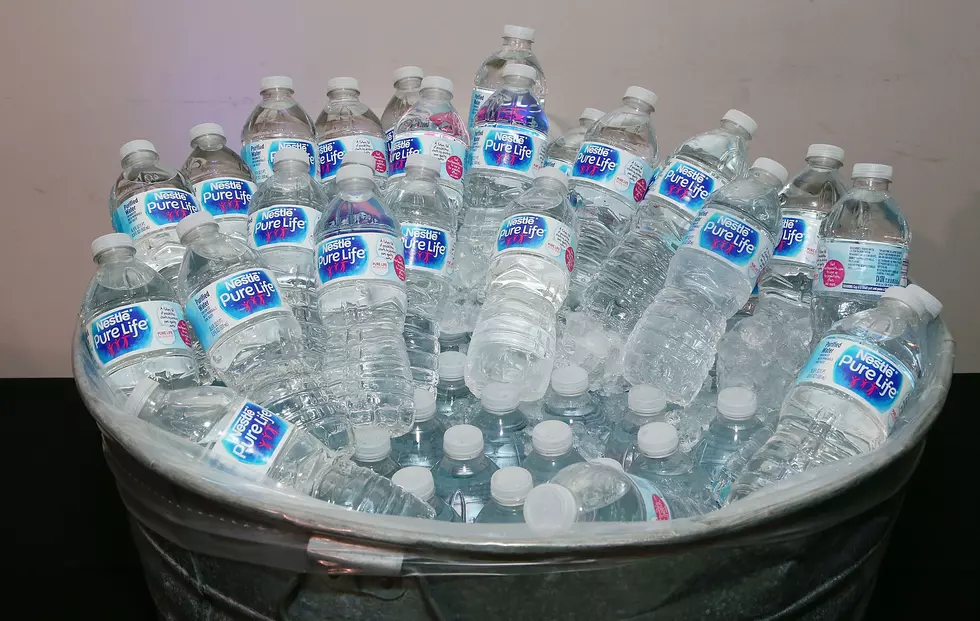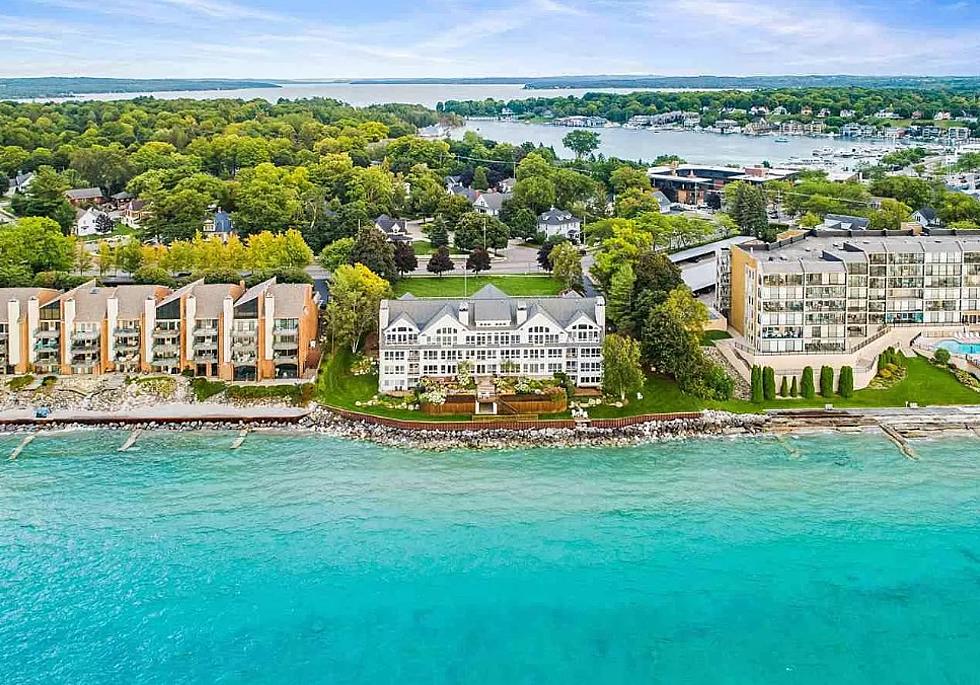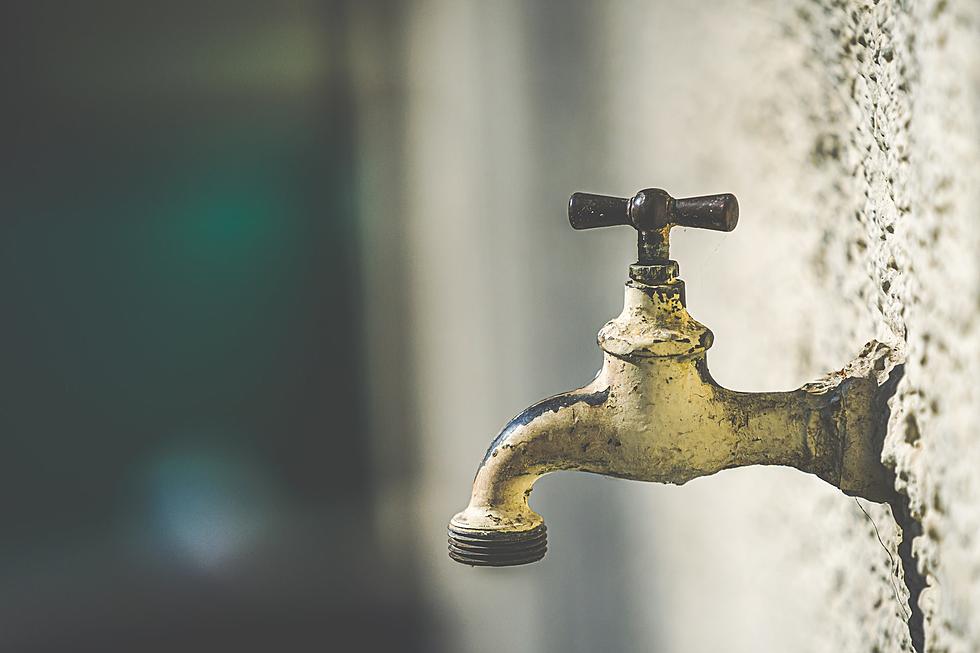
Will Michigan State Representatives Vote To Block Mother Nature
Back in 2018 I reported that Nestle Waters North America was given the ok by State officials for a permit to increase groundwater withdrawals in the amount of 60% from a west Michigan aquifer. This permit will allow Nestle to increase the amount of water it takes from an underground aquifer from 250 to 400 gallons per minute.
Well that did not sit well with many environmentalist.
Because of that there are some Democratic legislators in the Michigan House who have introduced House Bill 5290: “Replace right to reasonable groundwater use doctrine with government permits”. This legislation looks to “establish that groundwater is a “public trust.” This would repeal the current legal doctrine that gives the owner of real property a property right to the reasonable use of groundwater, to the extent this does not diminish the ability of neighboring property owners to obtain water. Instead, the use of groundwater would be conditional, subject to state approval and regulation. The current “riparian” water use doctrine is the norm east of the Mississippi River, but not in arid states of the west.”
This bill is obviously in response to Nestlé’s bottled water business.
Do our State Representatives know about the Saint Lawrence River? According to data provided by the United States Geological Survey. The amount of Great Lakes water the Saint Lawrence River dumps into the Atlantic Ocean has been measured on average as roughly 110 million gallons per minute.
I found some interesting reporting by the Michigan Capitol Confidential news site that stated:
The Saint Lawrence River is part of a system of locks, canals, and channels through which water leaves the Great Lakes and enters the Atlantic Ocean; together these are called the St. Lawrence Seaway….on average, the Saint Lawrence River Seaway will dump more water in one minute and 13 seconds (an estimated 133 million gallons) into the Atlantic Ocean than Nestle Waters will take from its well in Evart, Michigan, in an entire year (130 million gallons of water). That’s water leaving the Great Lakes watershed, which is of great concern to some politicians.
Once some Michigan State Representatives find out about the loss of this much of our Michigan water will they introduce a ban to stop the flow of that water into the St. Lawrence Seaway?
Believe me once State Representatives are informed about this I would not put it past some to want to introduce legislation to stop it until one of the aides informs them that would be close to impossible.

More From 1240 WJIM AM









